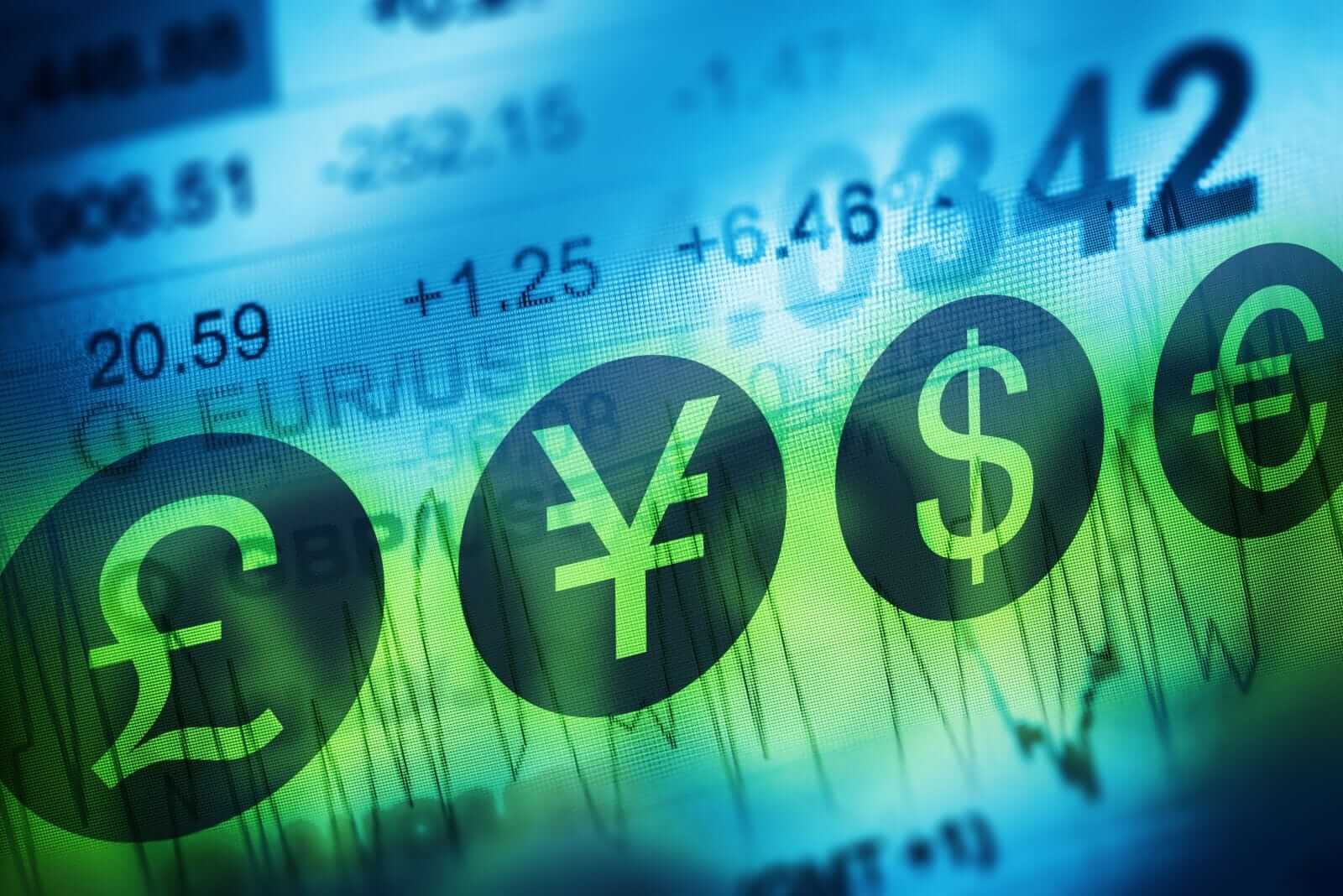
The dollar index (DXY00) on Thursday rose by +0.70%. The dollar on Thursday recovered from a 2-1/2 week low and posted moderate gains after stronger-than-expected U.S. economic reports bolstered the outlook for the Fed to raise interest rates one more time this year. Also, dovish ECB comments on Thursday undercut EUR/USD to the dollar’s benefit.
U.S. weekly initial unemployment claims were unchanged at 209,000, showing a slightly stronger labor market than expectations of an increase to 210,000.
U.S. Sep CPI rose +3.7% y/y, unchanged from Aug and stronger than expectations of a decline to +3.6% y/y. Sep CPI ex-food and energy eased to 4.1% y/y from +4.3% y/y in Aug, right on expectations and the smallest increase in 2 years.
EUR/USD (^EURUSD) on Thursday fell by -0.83%. The euro Thursday fell sharply from a 2-1/2 week high and moved lower on dollar strength and dovish ECB comments. ECB Governing Council members Centeno and Wunsch said Thursday that current interest rates are appropriate, and they favor the ECB pausing its interest rate hike campaign. EUR/USD extended its losses after the account of the Sep 13-14 ECB meeting suggests the ECB will pause its interest rate hikes.
ECB Governing Council member Centeno said, "With the current level of interest rates, we will be making a substantial contribution to the 2% inflation objective. We will get there by continuing this monetary policy stance, holding on for a while until we are totally sure that inflation is coming down."
ECB Governing Council member Wunsch said, "If we keep seeing inflation numbers aligned with the forecast, then we don't have to hike interest rates anymore."
The account of the Sep 13-14 ECB meeting showed the decision to raise interest rates by 25 bp was a "close call," as policymakers assessed that the risks of tightening too much and the risks of tightening too little had become "more balanced." The minutes are bearish for EUR/USD as they suggest the ECB may now pause its rate hike campaign.
USD/JPY (^USDJPY) on Thursday rose by +0.43%. The yen on Thursday dropped to a 1-week low against the dollar after stronger-than-expected U.S. reports on consumer prices and weekly jobless claims pushed T-note yields higher. Also, a decline in Japanese government bond yields weighed on the yen after the 10-year JGB bond yield fell to a 2-week low of 0.754%. In addition, weak economic news undercut the yen after Japan Aug machine tool orders unexpectedly declined and Japan's Sep PPI rose less than expected, dovish factors for BOJ policy.
Japan Sep PPI eased to +2.0% y/y from +3.3% y/y in Aug, weaker than expectations of +2.4% y/y and the slowest pace of increase in 2-1/2 years.
Japan Aug core machine orders unexpectedly fell -0.5% m/m, weaker than expectations of +0.6% m/m.
December gold (GCZ3) on Thursday closed -4.30 (-0.23%), and Dec silver (SIZ23) closed -0.174 (-0.79%). Precious metals prices on Thursday gave up early gains and closed moderately lower, with gold falling from a 2-week high and silver dropping from a 1-1/2 week high. A recovery in the dollar weighed on metals after the dollar index rebounded from a 2-1/2 week low and moved higher. Also, Thursday’s stronger-than-expected U.S. economic reports on Sep consumer prices and weekly jobless claims pushed T-note yields high and undercut precious metals.
Losses in metals were limited Thursday after the U.S. 10-year breakeven inflation expectations rate climbed to a 1-week high, which boosted demand for gold as an inflation hedge. Also, concerns that the Middle East turmoil may spread boosted safe-haven demand for precious metals after Israel carried out airstrikes on the main airports in Damascus and Aleppo in Syria.
On the date of publication, Rich Asplund did not have (either directly or indirectly) positions in any of the securities mentioned in this article. All information and data in this article is solely for informational purposes. For more information please view the Barchart Disclosure Policy here.






